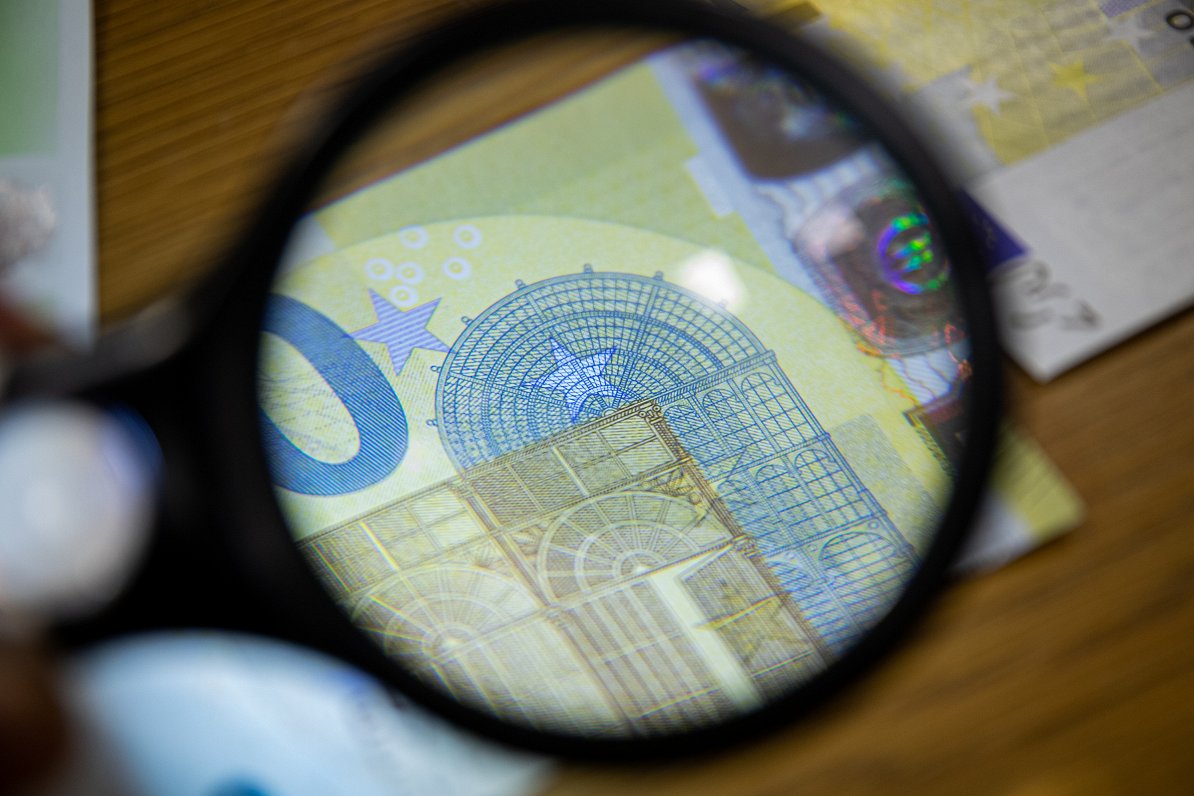The decision by the international body the Financial Action Task Force (FATF) was taken at its plenary session in Paris and was revealed by the Latvian government. A notice on its website said:
"Latvia has set up a strong and robust financial crime prevention system and will not be subject to 'enhanced surveillance' or 'gray listing'."
Prime Minister Krišjānis Kariņš said the decision showed the urgent overhaul of the supervision of the financial sector begun a year ago had succeeded and the country's reputation was well on the road to recovery.
"Of course, this does not mean that we can stop, we must continue to do what needs to be done to implement decisions that have been made. Thanks to all the experts, institutions and organizations involved, we have done a tremendous job and it is appreciated. The decision demonstrates that working together we can achieve great things,” said Kariņš.
He subsequently tweeted a similar message in English.
The #FATF decision proves that by establishing a rigid AML/CTF system we have succeeded with our financial sector overhaul and rebuilt the reputation of ?? financial system!We are proud to be the first #Moneyval country that has successfully implemented all #FATF recommendations.
— Krišjānis Kariņš (@krisjaniskarins) February 21, 2020
Further details of the FATF decision are due to be given at a press conference on Monday, 24 February. The Financial Action Task Force (FATF) is an inter-governmental body established in 1989 to set standards and promote effective implementation of legal, regulatory and operational measures for combating money laundering, terrorist financing and other related threats to the integrity of the international financial system.
An immediate response was issued by Latvia's financial regulator, the Financial and Capital Market Commission (FKTK), which said "further work in the field of combating financial crime" would continue with "a risk-based approach, as well as various measures with a view to enhancing a common understanding of the regulatory enactments in the field of the prevention of money laundering and terrorism financing and the application of sanctions in the ongoing work of the FKTK and all participants of the Latvian financial sector."
Santa Purgaile, the FKTK chairwoman said: “I am pleased that the work of Latvian authorities has brought the result we all were hoping for; however, the work on combating financial crimes must be continued by refining the nuances of awareness and attempting to reach a more shared understanding of the application of regulatory enactments."
In addition, FKTK released an infographic summarising the action it has taken in the last year (attached above).
The influential Foreign Investors Council in Latvia (FICIL) welcomed the decision and suggested it would help investors be more confident about putting their money into Latvia.
"Today 's statement after the FATF plenary session in Paris is another positive step that demonstrates Latvia's progress as a normative actor and in putting regulatory changes into practice. Entrepreneurs awaited the Moneyval and FATF evaluations with great interest, because these findings are very important to boost investor confidence in Latvia, the financial sector, and the stability of the business environment," FICIL said in a statement.
Reaction also came from banking industry body the Finance Latvia Association (FLA).
"The changes made in the financial sector are fundamental and sustainable. However, the system must continue to evolve. The evaluation received today shows the overall performance of our country. With its determination and action, Latvia has demonstrated its ability to set an example for other countries through the implementation of its financial crime prevention reform,” said Sanita Bajāre, chairwoman of the board of the FLA.





























